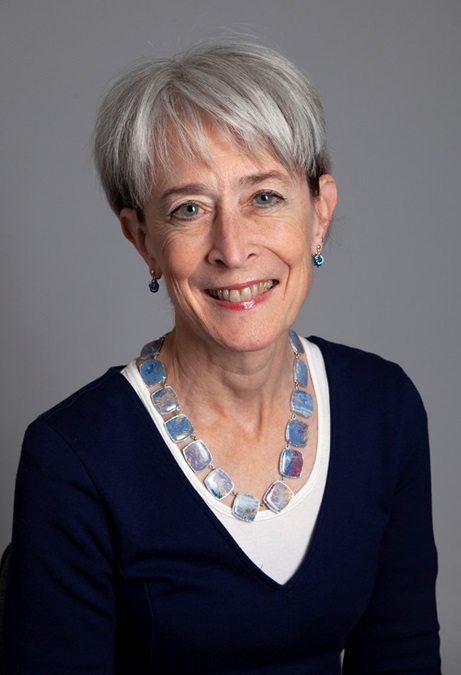Professor Christi Deaton

Interesting, fulfilling, deeply satisfying – these words all come up when you talk to Christi Deaton about her work.
Christi is the Florence Nightingale Foundation Clinical Professor of Nursing at the University of Cambridge and Cambridge University Hospitals, a post she’s held for the last six years.
So is there a secret behind her research-career success in what is still – although things are changing – seen as a traditionally male-dominated role? “You must have the desire – as an adolescent, I remember wanting to be a scientist without really understanding what that meant. All I knew is that I loved the idea of becoming deeply immersed in a subject and finding out something new about it.
“Along the way I’ve taken inspiration from women scientists in all fields who led the way – starting for me in particular with Jane Goodall, and her work studying chimpanzees.”
As Professor of Nursing, Christi has to juggle many hats. With her university hat on Christi’s responsible for conducting research, teaching and administration, while at CUH her role focuses on developing research capacity and capability among nurses, midwives and allied health professionals (NMAHPs).
This means there is always variety. On any day Christi could be working on research, writing papers and abstracts, teaching, meeting staff wanting to develop their research skills, supervising graduate students and sitting on national and international panels and editorial boards.
The list goes on; Christi is also involved with planning this year’s NMAHP Research Conference, analysing research data on the diagnosis and management of patients with a specific type of heart failure and co-leading a regional funding programme for NMAHPs who want to apply for doctoral research fellowships.
For Christi, it’s vital that more women continue to work in science: “It is important on multiple levels. First of all it’s a very interesting and rewarding career, with lots of opportunities for self-development and fulfillment. Secondly, as a woman you can bring different perspectives, questions and ways of working that can enrich the science sector. Thirdly, it’s important that women globally are not limited by the types of careers that are open to them. So it’s counter-productive to scientific advancement to discourage women or indeed anyone on the basis of outmoded ideas of what women or certain groups are capable of doing.
“When I was a nurse in practice, I helped one patient at a time. But in research there is the potential to make a difference to whole groups of patients and improve practice – it’s deeply satisfying to ask questions and to try to find answers to those questions.”
Her impressive CV has one thing missing though, so we’ve taken the liberty of adding it for the benefit of other young women reading this: role model!


